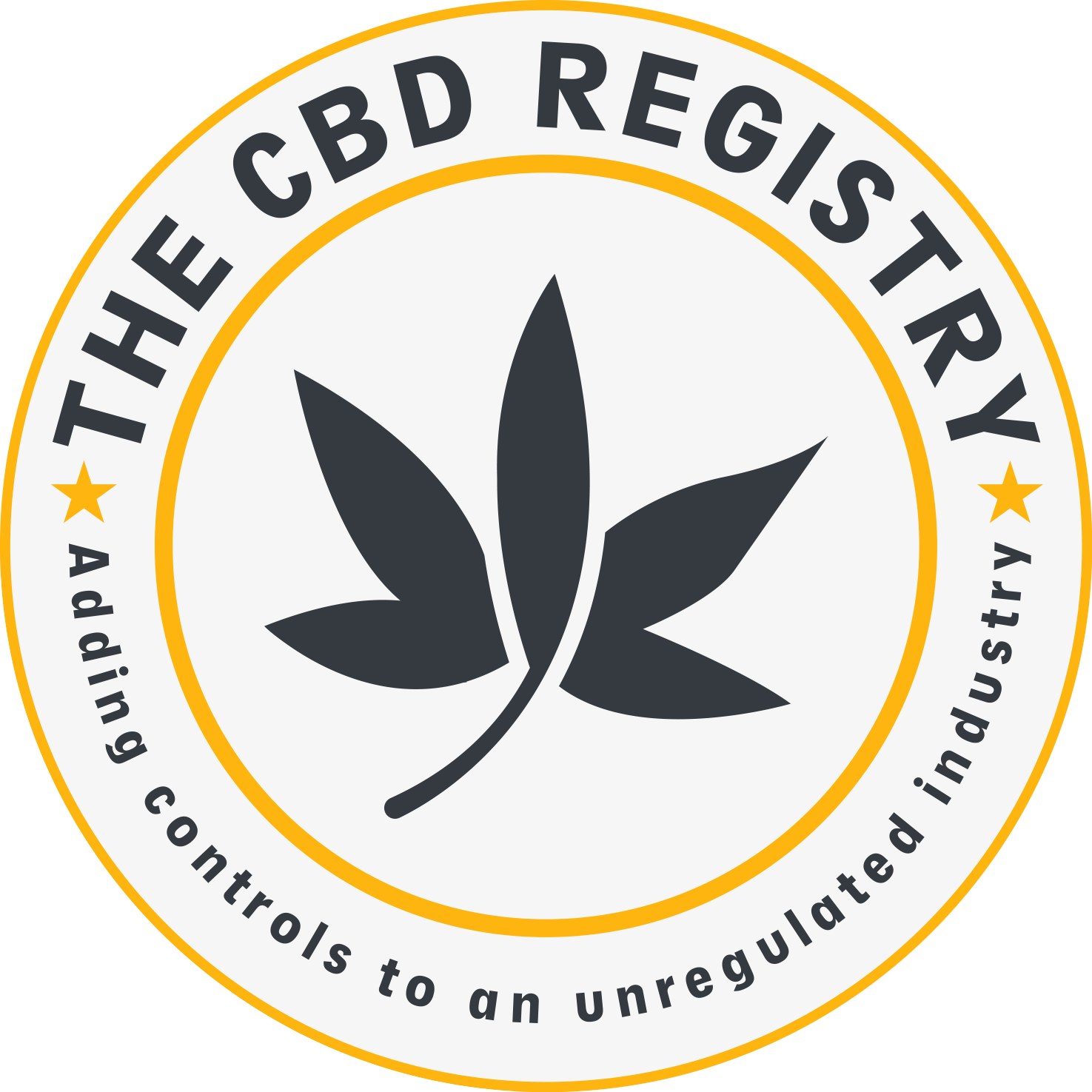Nevada Judge Orders Cannabis to be Removed from State’s List Of Controlled Substances
Home BlogCannabisNevada Judge Orders Cannabis to be Removed from State’s List Of Controlled Substances
- November 1, 2022
- 11,866
- Cannabis,Laws - Legals
-




Nevada Judge Orders Cannabis to be Removed from State's List Of Controlled Substances
On Wednesday, a Clark County judge ruled that the state pharmacy board is not authorized to regulate cannabis or cannabis derivatives. He also ordered the agency to take marijuana off the state’s controlled substances list. Clark County District Court Judge Joe Hardy ruled that if the Nevada State Board of Pharmacy labels a substance as a controlled substance’ and it falls outside of the authority delegated to the Legislature, the designation will be invalid. This ruling stems out of a case brought against ACLUNV by Antoine Poole and Cannabis Equity and Inclusion Community. This community assists entrepreneurs in launching businesses within Nevada’s legal cannabis market. ACLUNV lawyers argued that the Schedule 1 classification for cannabis was invalid because medical marijuana had been legalized by voters in 1998. Last month, Hardy ruled that the Schedule 1 classification was unconstitutional.”The constitutional right to use marijuana upon the advice of a physician does establish that marijuana has an accepted medical use and treatment in the United States,” Hardy ruled in a September decision cited by the Las Vegas Review-Journal.The new ruling this week is focused on the pharmacy board’s authority to regulate cannabis. ACLUNV lawyers argued that, despite legalizing medical marijuana and the availability in Nevada of regulated medicinal cannabis since 2000, the pharmacy board continued listing cannabis as a Schedule 1 substance under federal law. This was a claim rejected by the plaintiffs’ counsel. Lawyers for the pharmacy board argued that the listing was justified because marijuana is still listed as a Schedule 1 substance in federal law. This assertion was rejected by the plaintiffs’ attorneys. They don’t work for federal authorities. We didn’t sue DEA here. We sued the State Board of Pharmacy, because this is a state-level action.” Hardy stated that the Board had “exceeded its authority” when it placed, failed to remove, and continued to list cannabis derivatives as Schedule I substances. ACLUNV also noted that the decision means that the pharmacy board no longer has the authority to regulate cannabis according to any schedule. Chris Peterson, the legal director, praised the decision of the judge. He stated that there had been an “inconsistency” in how Nevada categorizes cannabis. “The Board exceeded its authority when it placed, or failed to remove, marijuana, cannabis, and cannabis derivatives on its Schedule I substances list.” Peterson also stated in a statement by the civil rights group. “We’re glad that we’ve now resolved this inconsistency to prevent further injustice, and we’ll continue our work for the realization of the promise of decriminalization in Nevada. “We’re happy that we’ve resolved this inconsistency in order to prevent further injustice, but we’ll continue to work to ensure that the promise to decriminalize cannabis in Nevada is realized.” Hauser stated that Hardy’s decision “is a positive development” in cannabis reform. “Like Colorado, Nevada legalized marijuana through its constitution and established a robust state regulatory system governing the cannabis businesses. “This case is an important precedent, confirming that state agencies can’t take action in conflict state constitutional and statute provisions, despite the legalization of cannabis under federal law.” Ashley Dodson, president and cofounder of Cannabis Equity and Inclusion Community said Wednesday’s court ruling will foster social equity in Nevada’s regulated cannabis market. Dodson released a statement thanking the ACLU of Nevada for taking on this case and Judge Hardy for hearing it with fairness, dignity, and respect.” “Social equity is important. We’ve seen businesses take steps to prevent Black and Brown people from the unlicensed cannabis market. CEIC hopes that the last loopholes permitting the criminalization and distribution of cannabis will be closed, so we can return to our original mission of helping the communities most affected by the failed War on Drugs to find a way back into the industry.
